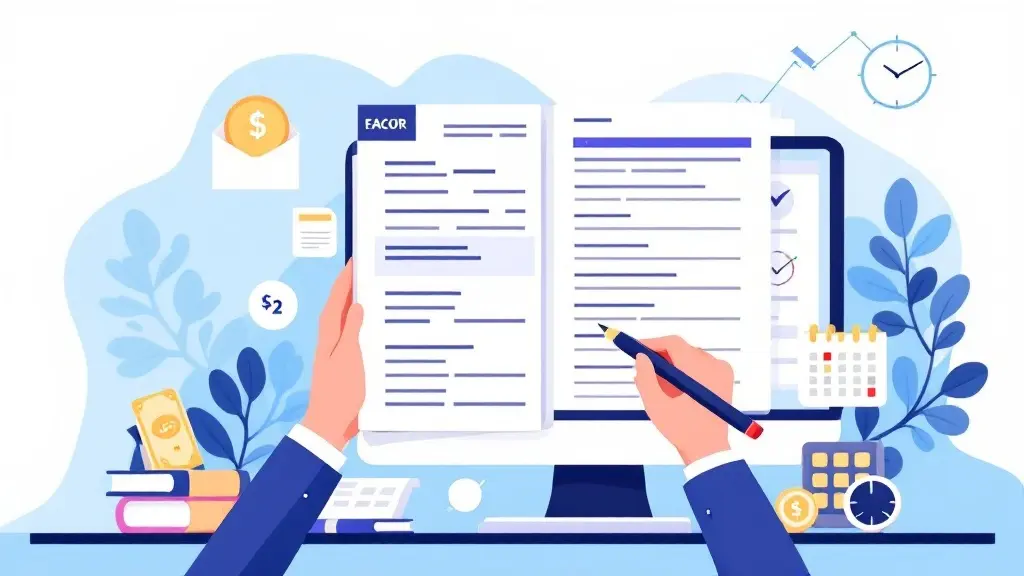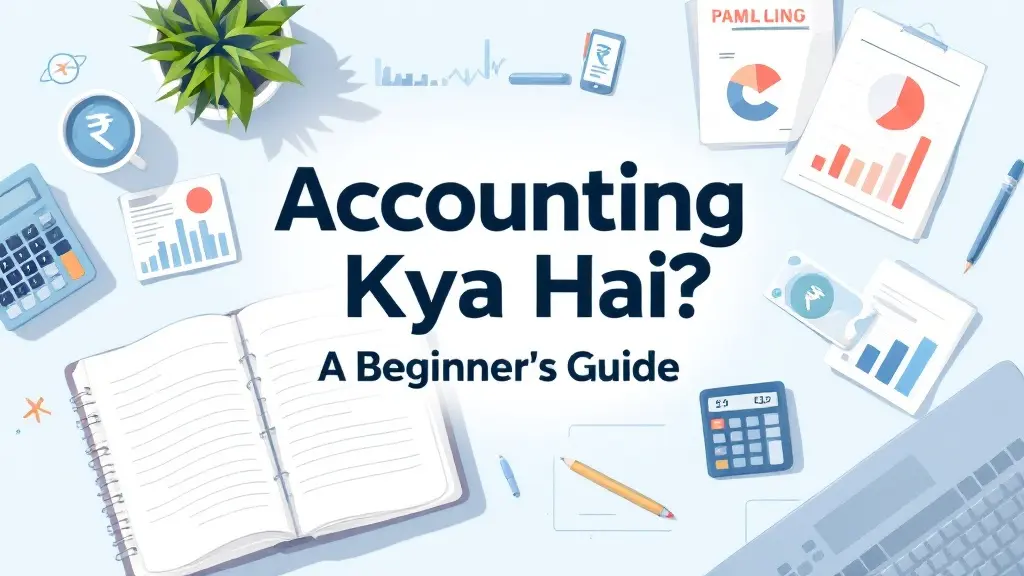CA After BCom: A Step-by-Step Guide to Your Path in Chartered Accountancy
Table of Contents
Most Read
[fusion_dropcap class="fusion-content-tb-dropcap"]T[/fusion_dropcap]he world of finance and accounting offers many exciting career opportunities, and one of the most prestigious paths is becoming a Chartered Accountant (CA). If you’ve recently completed your Bachelor of Commerce (BCom) degree and are considering pursuing a CA qualification, you are on the right track. Chartered Accountancy is one of the most respected professions in the financial sector, and completing a CA after BCom can open up numerous doors to a fulfilling career.
In this comprehensive guide, we will explore the step-by-step process of becoming a Chartered Accountant after completing your BCom degree, along with key information about the CA course structure, eligibility, job prospects, and tips for success.
What is Chartered Accountancy (CA)?
Before diving into the specifics of pursuing CA after BCom, let’s first understand what Chartered Accountancy entails. Chartered Accountants are professional accountants who provide financial advice, audit accounts, and ensure businesses comply with financial regulations and tax laws. The role of a CA is critical in the financial world, and they can work in various sectors, including corporate firms, government, NGOs, or even run their own consultancy.
Why Choose CA After BCom?
If you’re wondering why you should pursue CA after BCom, here are some compelling reasons:
- High Demand for Chartered Accountants: Chartered Accountants are always in demand across different industries due to their specialized skill set. From auditing to taxation, businesses rely on CAs for critical financial decision-making.
- Lucrative Salary and Career Growth: CA professionals are often well-compensated for their expertise. The salary can vary depending on the experience and sector but typically offers high earning potential.
- Job Flexibility and Variety: As a CA, you can work in various roles, such as a tax consultant, financial planner, forensic accountant, or auditor. This flexibility allows you to carve out a career path that suits your interests.
- Respect and Recognition: The CA qualification is highly regarded in the business world and can earn you immense respect in the financial industry. It’s a prestigious title that sets you apart from others in the field.
Steps to Become a CA After BCom
The journey of becoming a Chartered Accountant after completing your BCom involves several stages. Let’s break down the steps for you:
Step 1: Understand the CA Course Structure
The CA course is divided into three main levels:
- CA Foundation: This is the entry-level exam, and you can appear for it after completing your 12th grade. However, since you have already completed BCom, you can skip this level and directly register for the next stage, the CA Intermediate.
- CA Intermediate: This is the second stage of the CA course, where you’ll be required to study more in-depth subjects related to accounting, taxation, law, auditing, and financial management.
- CA Final: This is the last stage of the CA course, where you’ll cover advanced topics such as strategic financial management, advanced auditing, corporate and economic laws, and direct and indirect taxes.
Step 2: Enroll in the CA Intermediate Course
Since you have completed your BCom, you’re eligible to enroll directly in the CA Intermediate course without having to appear for the CA Foundation exam. To register for the CA Intermediate, follow these steps:
- Eligibility: You must have completed your BCom degree with at least 50% marks from a recognized university.
- Register with ICAI: The Institute of Chartered Accountants of India (ICAI) is the body that oversees the CA course. You’ll need to register with ICAI for the CA Intermediate program.
- Prepare for the Exams: The CA Intermediate course is a rigorous program that demands disciplined study and hard work. The syllabus includes subjects like Accounting, Auditing, Corporate and Other Laws, Taxation, and Financial Management.
- Articleship: Along with the theoretical exams, you’ll need to complete a 3-year practical training (articleship) under a practicing Chartered Accountant. This practical exposure is essential to understanding the real-world application of accounting principles.
Step 3: Clear the CA Intermediate Exam
The CA Intermediate exam is held twice a year, usually in May and November. The exam consists of two groups, and you need to clear both groups to proceed to the next stage. Each group has four papers, covering the core subjects of Chartered Accountancy.
The subjects are:
- Group I: Accounting, Law, Costing, and Taxation
- Group II: Financial Management, Auditing, Corporate Laws, and Strategic Management
Once you clear the CA Intermediate exam, you will be eligible to register for the CA Final course.
Step 4: Register for the CA Final Course
After completing the CA Intermediate exam and articleship, you’ll move on to the final stage—CA Final. The CA Final course is designed to prepare you for advanced topics in accounting and finance. The subjects at this stage are more complex and focus on areas like:
- Corporate and Economic Laws
- Strategic Financial Management
- Advanced Auditing and Professional Ethics
- Taxation (Direct and Indirect Taxes)
- Financial Reporting
You must prepare thoroughly and diligently, as these exams require in-depth knowledge and understanding.
Step 5: Clear the CA Final Exam
The CA Final exam is also divided into two groups. Each group consists of four papers. After completing the exam, you will need to wait for the results to be declared. Upon successfully clearing the CA Final exams, you will be awarded the prestigious title of Chartered Accountant.
Step 6: Apply for Membership with ICAI
Once you pass the CA Final exam, you can apply for membership with the ICAI. After becoming a member, you will officially be recognized as a Chartered Accountant and can practice in the field of accounting.
Job Opportunities After Completing CA
One of the major attractions of completing a CA qualification after BCom is the wide array of career opportunities available to you. Some of the common job roles include:
- Auditor: CAs often work as auditors in firms, ensuring compliance with financial regulations and providing independent audits for businesses.
- Tax Consultant: With expertise in taxation, CAs can help businesses and individuals optimize their tax liabilities while ensuring compliance with tax laws.
- Corporate Finance Expert: CAs are often involved in corporate finance, advising businesses on mergers, acquisitions, financial planning, and strategies to maximize profitability.
- Forensic Accountant: Forensic accounting is a niche area where CAs investigate financial frauds, disputes, and provide expert opinions in court cases.
- Management Consultant: CAs also work as management consultants, providing advice on financial decision-making, restructuring, and business strategy.
- Own Practice: Many Chartered Accountants choose to start their own practice and provide accounting services to clients independently.
Tips for Success in CA After BCom
Here are some tips to help you succeed in your CA journey:
- Discipline and Time Management: The CA course is lengthy and challenging. Effective time management and a disciplined study routine are crucial to staying on track.
- Consistent Practice: Practicing past exam papers and mock tests can help you familiarize yourself with the exam pattern and improve your exam-taking skills.
- Stay Updated: Keep up with the latest changes in accounting and taxation laws, as these fields are always evolving.
- Seek Guidance: Don’t hesitate to ask for help. Whether it’s from fellow students, mentors, or online resources, getting guidance can make your learning process more effective.
- Stay Motivated: The CA journey can be long and difficult, but staying focused on your goal and keeping your motivation high will lead you to success.
Conclusion
Becoming a Chartered Accountant after completing BCom is a challenging but rewarding career path. With dedication, the right guidance, and a clear focus, you can successfully navigate the CA journey and enjoy a bright future in the world of finance and accounting. Whether you choose to work in a corporate environment, start your own practice, or specialize in a niche area, the CA qualification will provide you with a solid foundation for long-term career success.
By following the outlined steps and tips, you are well on your way to achieving your goal of becoming a Chartered Accountant after BCom. Keep learning, stay determined, and let your CA journey be the start of a prosperous and fulfilling career.
Visit Our Website : Accounting24.in









